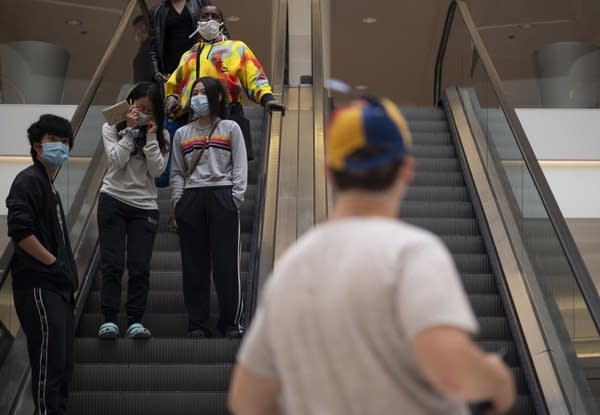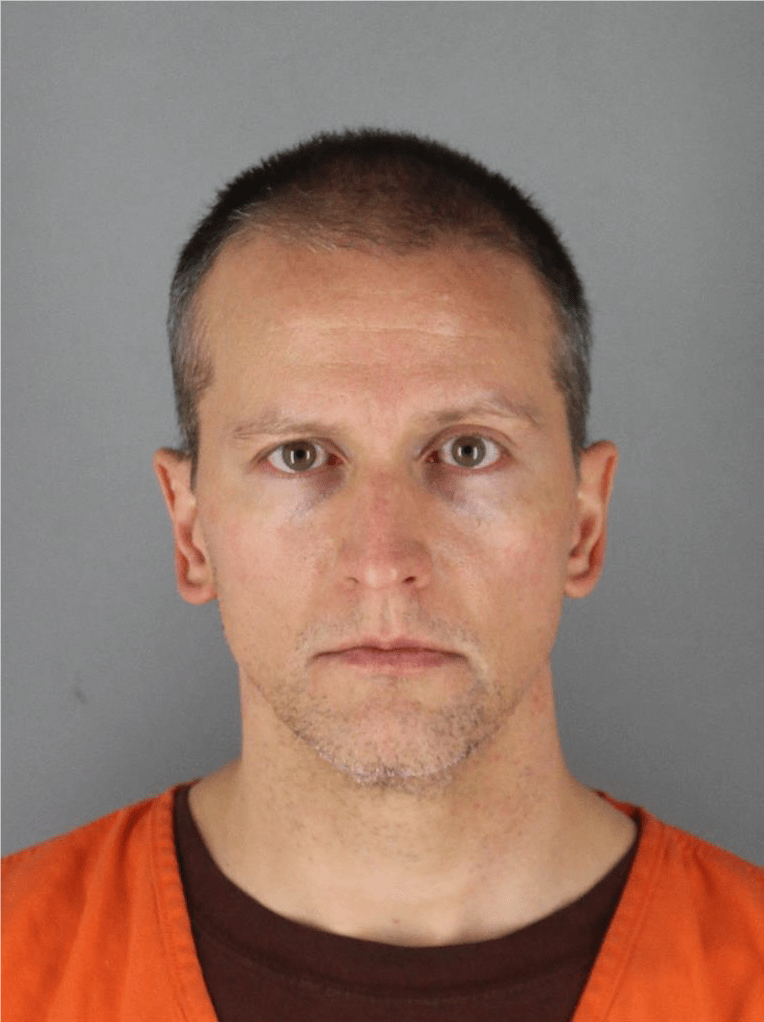
Create a Free MPR
news profile
for you

Sign up
Already have an account?

Welcome back
to news for you

Sign in to your profile
New to MPR News?

Welcome back
to news
for you

Reset Password
Still require assistance or not sure what your User Name is?

Welcome back
to news
for you

Email Verification
A verification code has been emailed to
Still awaiting the code?










